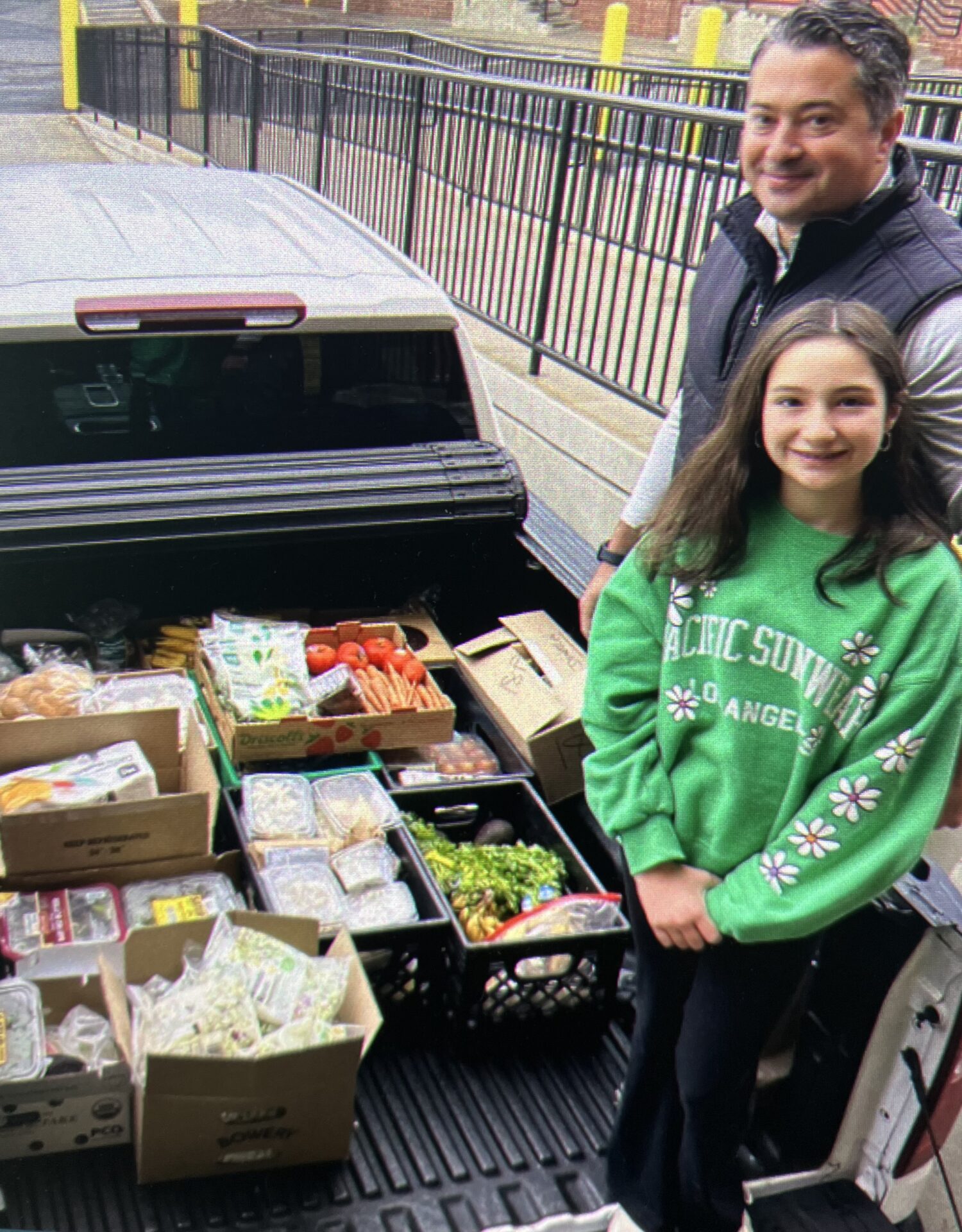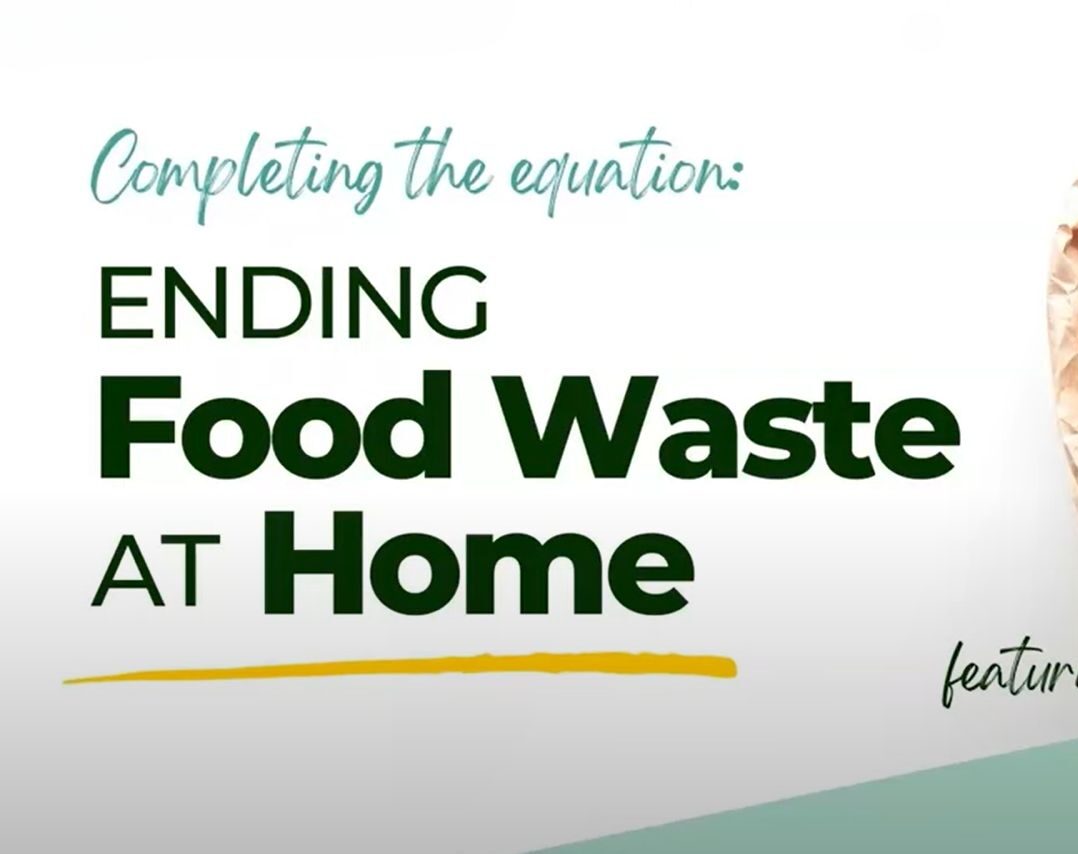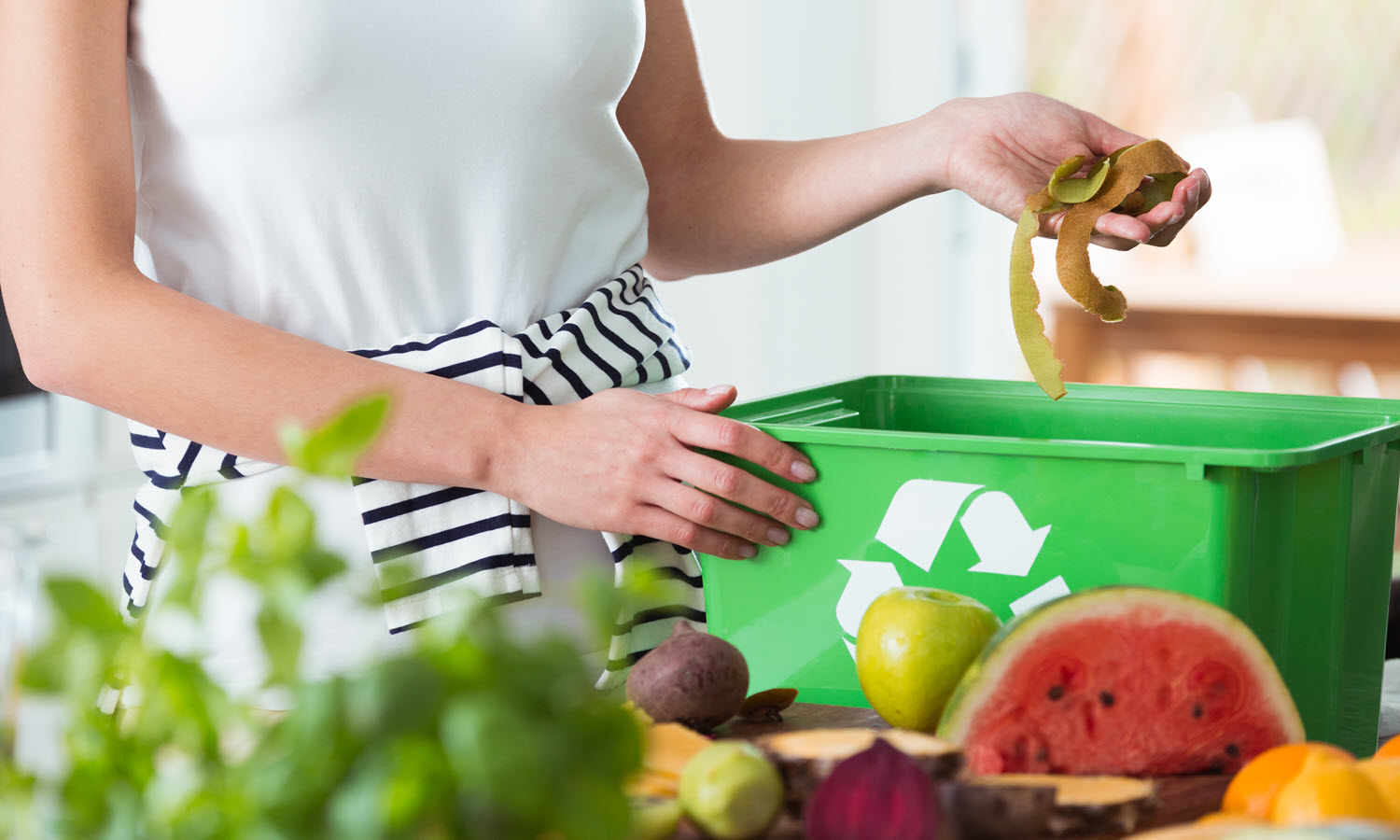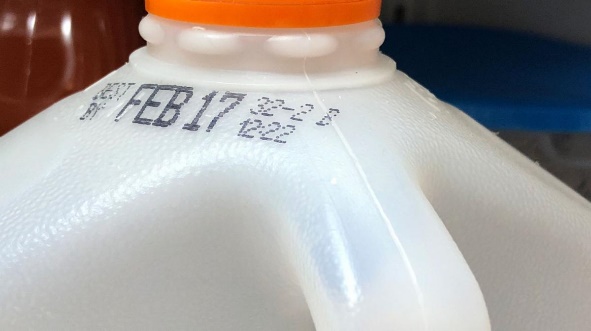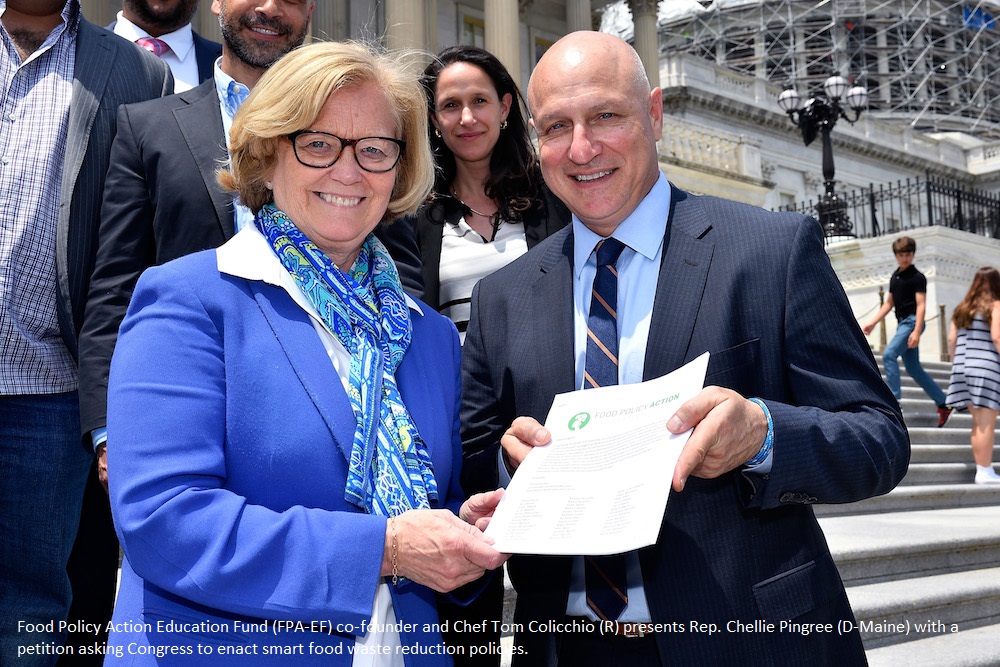
Blog
Top Chefs take Food Waste to Washington
When we hear celebrity chef and food waste in the same sentence around here, we think Spring Events and Dinners of Distinction. To that point, Chef Douglas Rodriguez was the honoree at our Viva Latino! on May 24th – so we were all ears on May 25th when we started hearing about celebrity chefs making the rounds of Washington, DC lawmakers to discuss Food Waste. Chefs, along with large food companies, academics, food producers and nonprofits, met with 22 members of Congress and attended the first ever full hearing of the House Agriculture Committee. Each communicated the same message: we need to address the $200 billion food waste issue in the US and we need to start immediately.
The award-winning chefs and food waste advocates joining FPA-EF (Food Policy Action – Education Fund) co-founder, Tom Colicchio, were: Chefs Victor Albisu, Mourad Lahlou, Spike Mendelson, José Andres, Amy Brandwein, Patrick Mulvaney, Steven Satterfield, and Kevin Sbraga; along with COPIA CEO Komal Ahmad, NRDC Senior Advocate JoAnne Berkenkamp, Wasted Food author Jonathan Bloom, NRDC Scientist and Waste Free Kitchen author Dana Gunders, MissionPoint Capital Partners Managing Director Adam Rein, FPA-EF Executive Director Claire Benjamin DiMattina, and Jesse Fink of the Fink Foundation. They presented Rep. Chellie Pingree (D-ME) with a 4000 signature petition asking Congress to enact smart food waste reduction policies. Rep. Pingree is the co-sponsor of a bill to standardize food labeling and hosted a dinner that evening with, of course, food that would have been discarded for any number of reasons like size or shape or age.
Testimony in the hearing referred to ReFED, an organization fighting food waste, and the roadmap they created to reduce food waste and its impact by 20% within the next decade. (The USDA/EPA issued a nationwide target of 50% reduction by 2030, last year.) Rethink Food Waste Through Economics and Data’s (ReFED) Roadmap to Reduce U.S. Food Waste, released in March, details 27 cost effective, feasible and accessible solutions to reach the goal.
Some of the ideas presented have been bounced about for years, but now this roadmap lays out the most effective ones, relating them to the impact they can have on hunger and the environment. If implemented, the value of these solutions could be:
$10 Billion of Economic Value
1.8 Billion Meals Saved
1.6 Trillion Gallons of Water Saved Annually
$5.6 Billion Annual Consumer Savings
$1.9 Billion Annual Business Profit Potential
18 Million Tons of GHG Emissions Reduced annually
The 3 top actions identified to help reduce food waste are:
Consumer Education Campaigns
Standardized Date Labeling
Packaging Adjustments
“As chefs, it’s in our best interest to make sure safe, edible product does not go unused. We are here to help Congress understand that it’s in our country’s best interest to do the same. I am happy that so many chefs and leading experts are here with me today to help drive positive, bipartisan change.” said Tom Colicchio of “Top Chef” fame.
Food waste has been discussed in this blog at length, but the fact remains, 40% of food in the US is thrown away. While 50% of the food in restaurants is thrown out, the bulk of that 40% is generated in homes around the country. Somewhere in the neighborhood of 70% is home waste. Think about how that wasted food also wastes resources like water, energy, fuel, and contributes to greenhouse gas emission through the methane gas emitted by rotting food. Take it a step further and consider that 60 million tons of food is thrown away while 1 in 7 Americans (1 in 5 Children) are food insecure.
We’ve all done it, thrown away food because we were unsure if it was safe, forgotten about it and grew a science project, or ordered too much for dinner and didn’t even eat the leftovers doggie-bagged home. Each of those behaviors eats away at our resources from food, to water, fuel, soil, atmosphere, and people. Tom Colicchio said. “We applaud the House Agriculture Committee for leading the charge and working across the aisle to reduce food waste, which will reduce hunger, bolster the economy and help farmers. Reducing food waste today can make a huge positive difference for our food system tomorrow.” When nonprofits like Table to Table are on the same page with large food companies, chefs, food waste and environmental advocates and legislators, the impact we will have improving the lives of everyone in our society is maximized.
More From News
April 16, 2024
Q & A With Julie Kinner
April 15, 2024
Reducing Food Waste Everyday
February 28, 2024
Table to Table Tips for Reducing Food Waste
REAL PEOPLE, REAL STORIES.
February 12, 2024
Helpful + Tasty Ways to Stay Heart-Healthy
In addition to celebrating Valentine’s Day, there’s something else to love about the month of February! It’s also American Heart Month, a...
January 18, 2024
By Being in the Know, You Can Reduce Food Waste
Reducing food waste is a critical part of our mission and work at Table to Table. By rescuing fresh, nutritious food that...
August 21, 2023
This Fall, Choose Culinary Excellence that Helps Our Community
Indulge your senses and make a difference in the lives of our hungry neighbors in New Jersey by attending the highly anticipated...








